Vanderbilt released the results of an independent legal review investigating Vanderbilt University Police Department’s March 26 arrest of Eli Motycka and media access policies on June 5. At the time of his arrest, Motycka, a reporter for the Nashville Scene, was on Vanderbilt’s campus covering a student sit-in protest against administration’s cancellation of a Boycott, Divestment and Sanctions referendum.
The 27-page report, released on April 4 and written by Aubrey B. Harwell, Jr. (B.A. ’64, J.D. ’67) and his team, focused only on Motycka’s arrest and not on the arrests of or disciplinary actions toward protesting students. The report concluded that Motycka was not arrested to impede media coverage of the protest but because he repeatedly attempted to enter Kirkland Hall, a closed building.
The report further revealed that Motcyka’s arrest contradicted orders from higher-ranked officials in VUPD’s chain of command, who later opted not to reverse his arrest despite having the opportunity to do so.
Vanderbilt’s June 4 press release stated that the review’s goals were to investigate why Motycka was arrested, what steps might have been taken before his detention and how Vanderbilt can balance free speech and campus safety. In an interview with The Hustler immediately preceding the report’s release, Chancellor Daniel Diermeier simplified these goals.
“The whole goal of this was to ask ourselves: what can we do better? We have, as a university, a commitment to continuous improvement. The report is, I think, one example of that,” Diermeier said. “It’s not about finger-pointing.”
Diermeier further said he was “very pleased” by the report’s findings, which included comprehensive recommendations and the conclusion that the university did not violate its commitment to free speech, expression and press.
Motycka’s name and all other names were redacted in the report.
Media policy review
The counsel found that the university lacks a formal written policy on media access, though, in practice, it has consistently asked media outlets to inform its Division of Communications prior to arriving on campus to cover a story. According to the report, broadcast media outlets have been sent text message reminders of this policy, while print and other outlets have not.
Though Motycka texted and called three of the university’s communications officers multiple times upon his arrival around 12:20 p.m. CDT, none responded to him before the arrest. Two officers said their “evolving plan” was, first, to confirm with the Nashville Scene that Motycka was present in the capacity of a reporter — according to the report, Motckya was previously asked to leave an on-campus construction site protest by VUPD — and, then, to meet him at Kirkland Hall, but he was arrested at 1:30 p.m. CDT before they could reach him.
The counsel recommended that Vanderbilt create and publicize a formal media access policy, ensure that there is a 24/7 contact that media can reach out to with inquiries and promote a cooperative relationship with media that is consistent with the First Amendment.
“There is a 24-hour number people can call,” Diermeier told The Hustler. “We just need to make sure that people can reach us quickly when there’s breaking news. This is basically an operational problem that we just need to make sure we’re doing well.”
VUPD miscommunication
The report revealed that, on the morning of Motycka’s arrest, high-ranking VUPD officers held a briefing in which the chief deputy stated that there “were to be no arrests without going through the chain of command.” The arresting officer, however, stated that he was directed by another officer to arrest Motycka, incorrectly presuming the order to arrest had been authorized by the command. During this meeting, officers were shown a picture of Motycka and told he would either be around the building or possibly already inside.
VUPD command did not find out about Motycka’s arrest until its announcement on the police radio and subsequently chose not to overrule the decision. In a statement to The Hustler, Motycka’s legal counsel, Tricia Herzfeld, emphasized the “lack of clear policies and communication” portrayed in the report.
“The report confirms that Vanderbilt’s administration and the campus police were in complete disarray during these protests,” the statement reads. “This resulted in the unlawful arrest of Eli Motycka, a reporter who was just doing his job.”
Motycka’s arrest
According to the report, Motycka was arrested because he attempted to gain access to Kirkland Hall “several times” after VUPD informed him he was not permitted to enter the building. VUPD did not allow Motycka to leave campus before he was arrested. The report concluded that he was not arrested because he was a reporter — on which Motycka agreed — but rather for his actions.
“Vanderbilt’s arrest of the one reporter was not done to impede or prevent a reporter from covering the protest, and, thus, was not contrary to its values to support and encourage the First Amendment freedoms of speech, assembly and press,” the report reads.
When asked if he considers Motycka’s arrest to be a mistake, Diermeier said that “mistake is a hard call” and that “people make decisions with limited information and so forth.”
Moving forward
In addition to adopting and distributing a formal media access policy, recommendations made by the counsel include developing standard protocols between VUPD and Communications for working with media who intend to cover breaking news on campus and promoting a “cooperative relationship” with the media. The counsel further recommended that, unless unsafe, trespassers be allowed to leave campus prior to arrest and that these guidelines be appropriately communicated with all VUPD officers.
Diermeier told The Hustler that the university plans to implement all recommendations delineated in the report. Herzfeld also expressed hope for Vanderbilt’s forthcoming policy changes and called attention to the effects of the arrest on Motycka.
“We are hopeful that Vanderbilt will heed the recommendations in this report and develop a truly media-friendly policy while also making things right by Eli,” the statement reads.
Editor’s note: No staffers from The Hustler who were interviewed for the report also wrote this article or interviewed Diermeier.

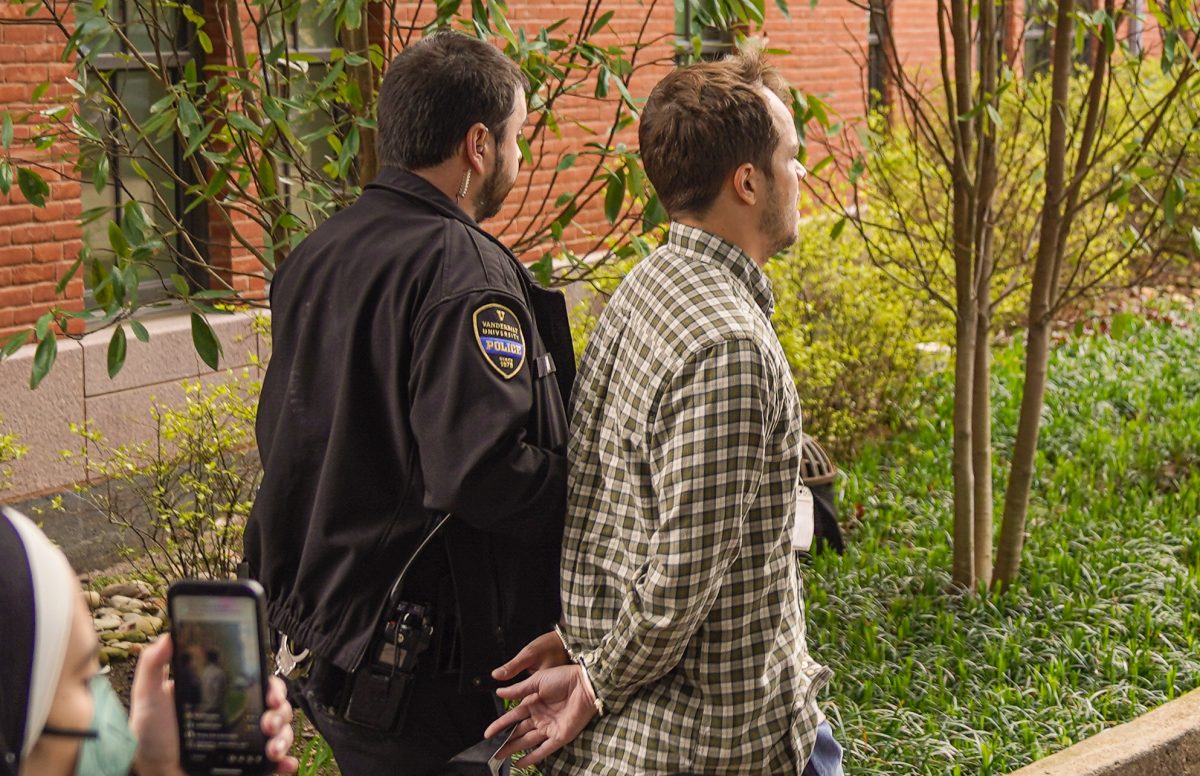



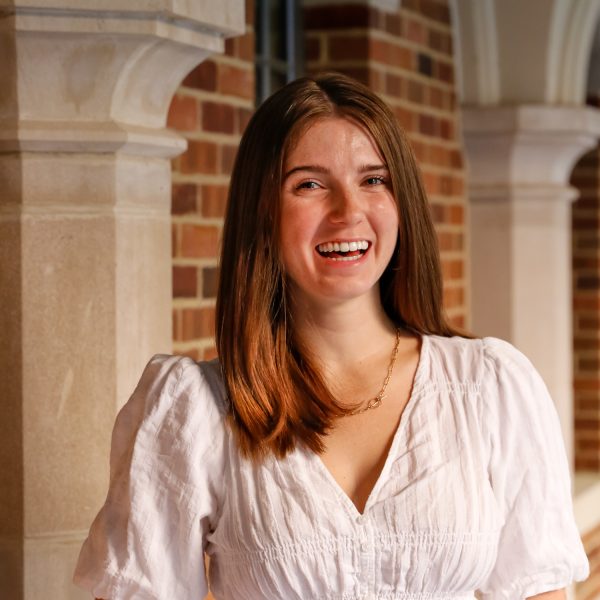



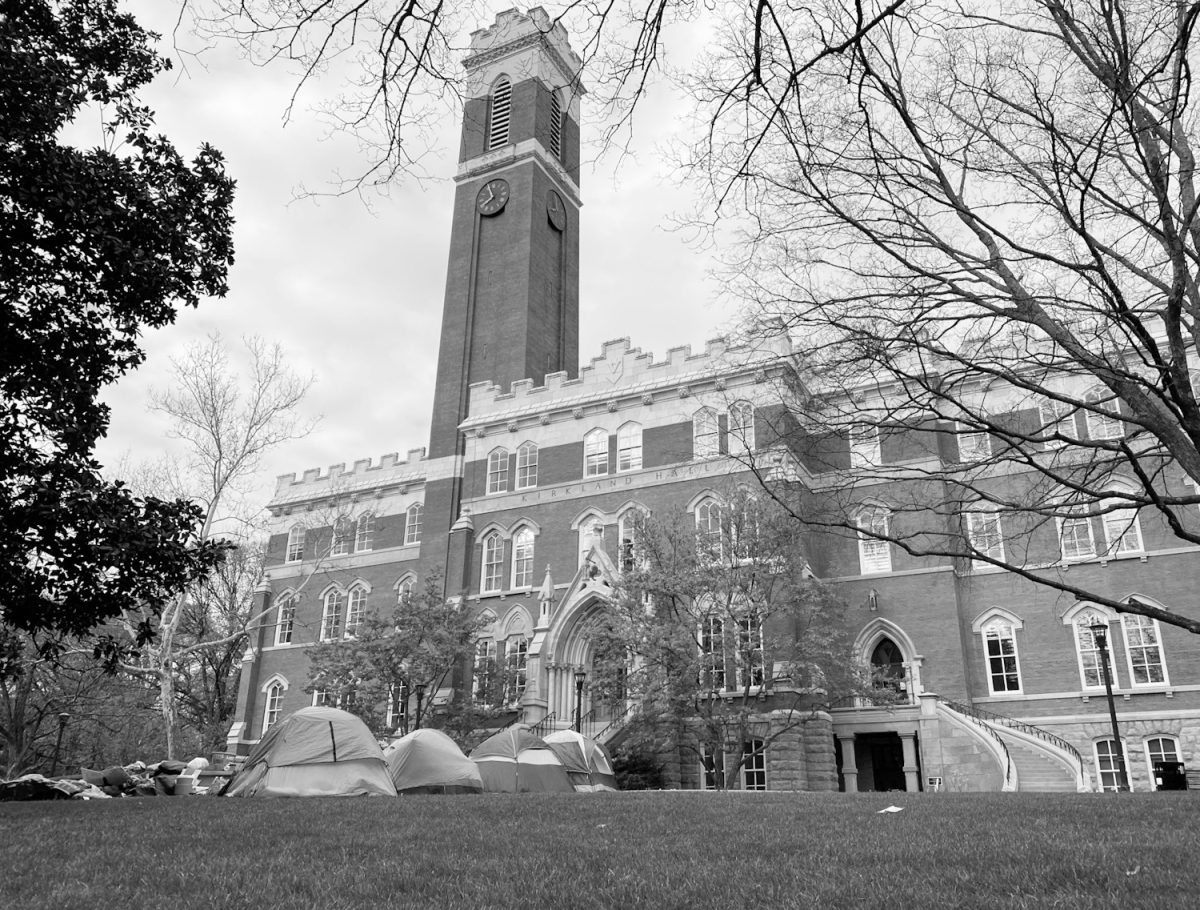
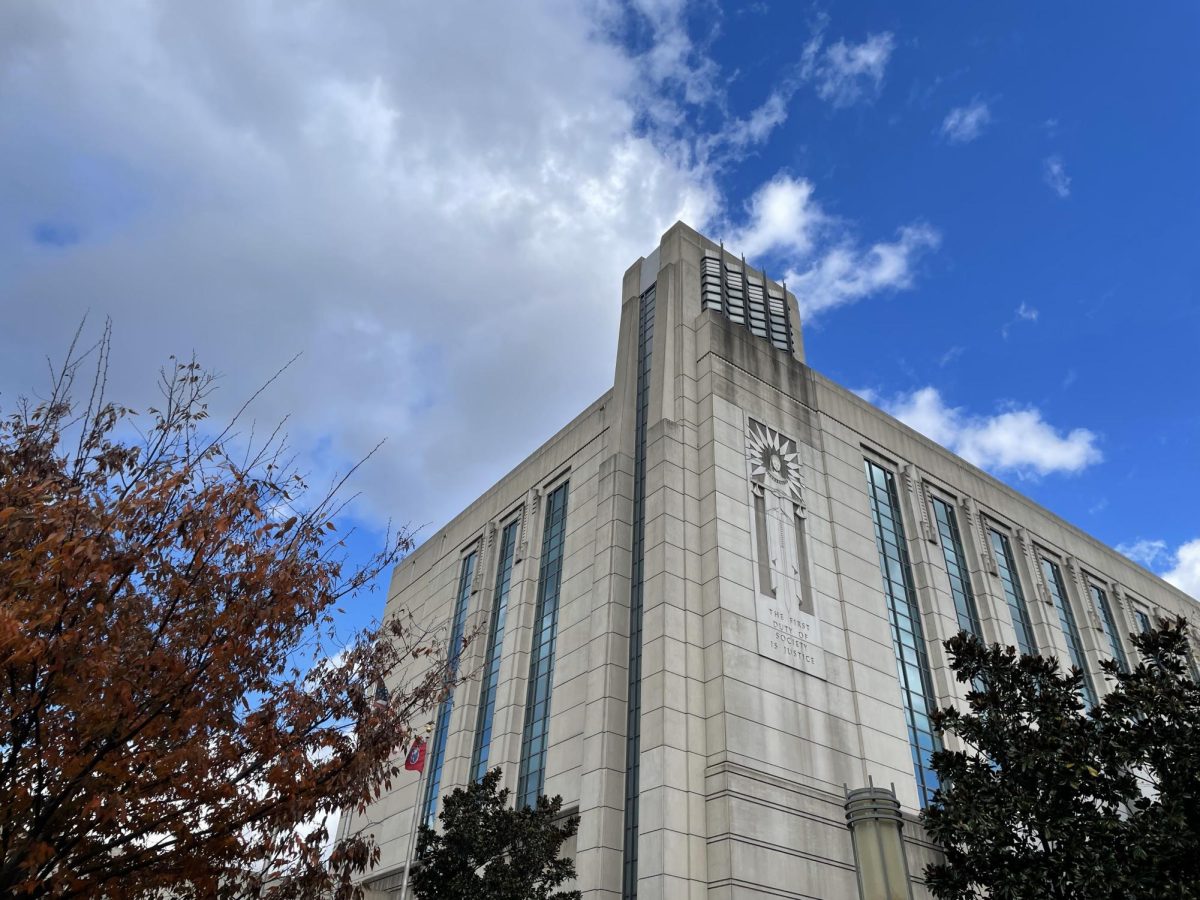
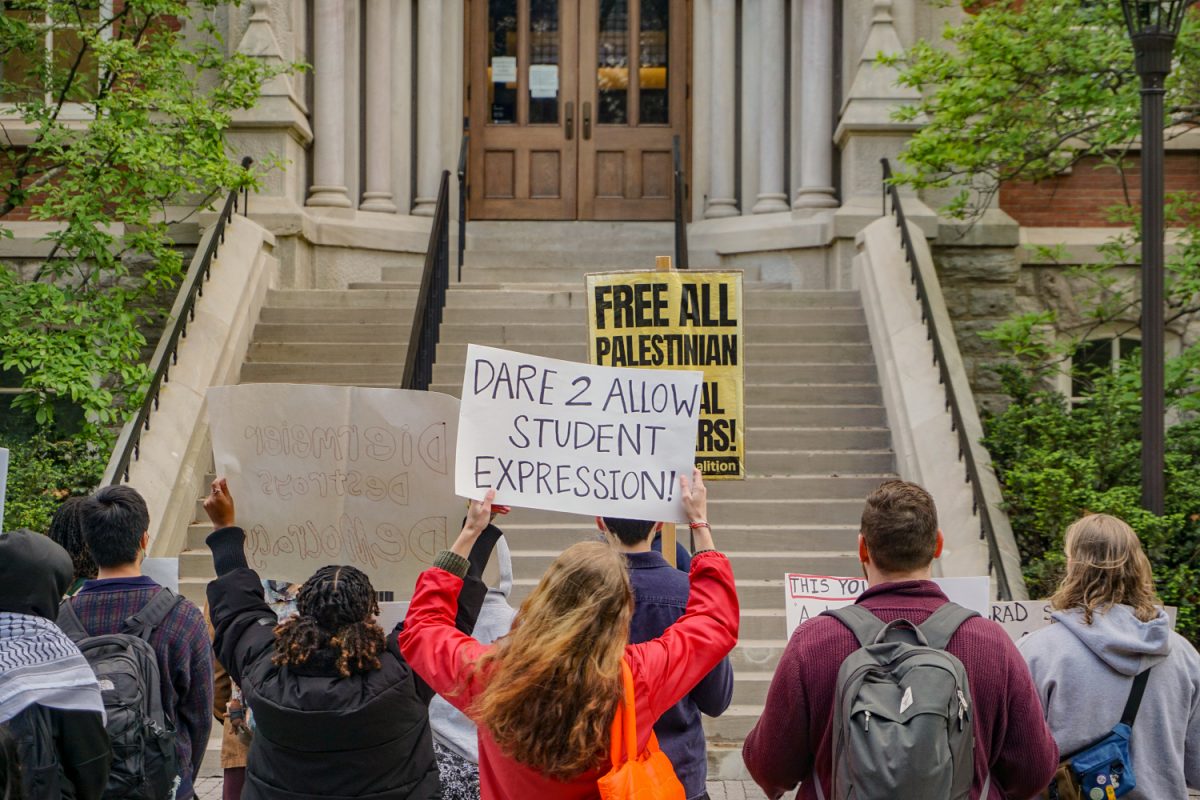
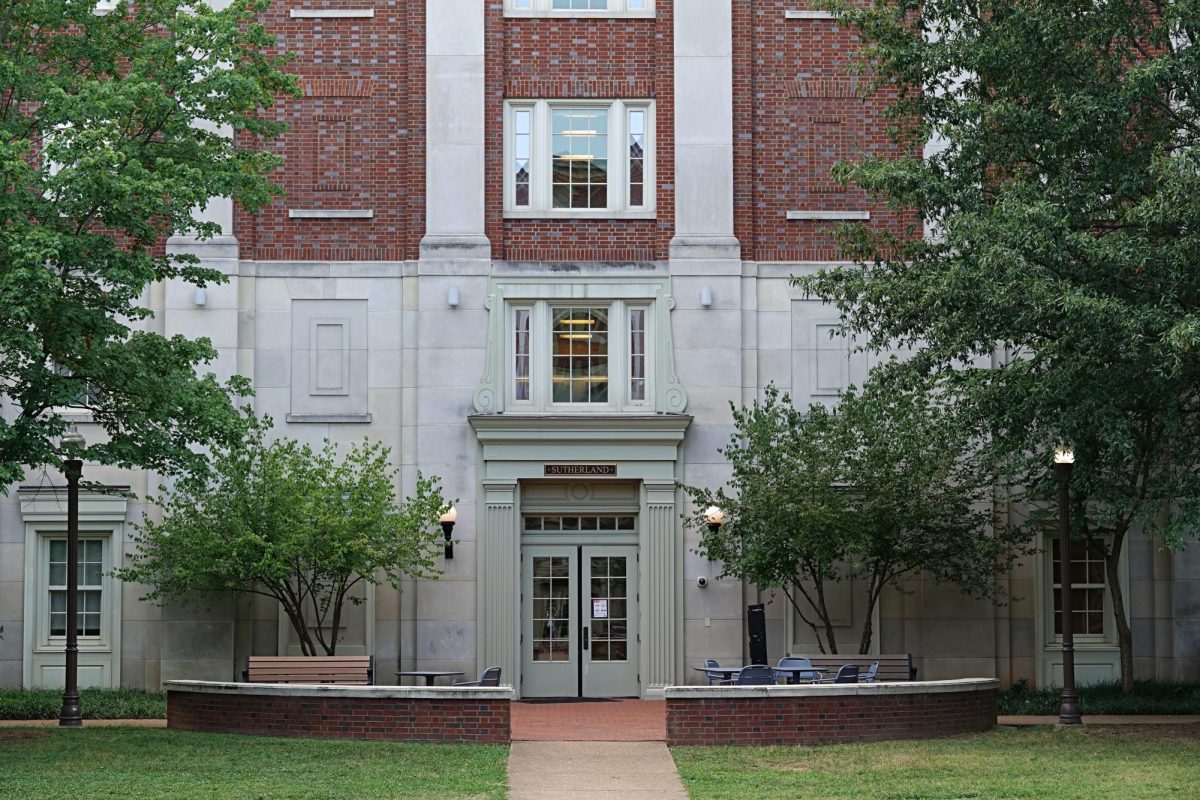

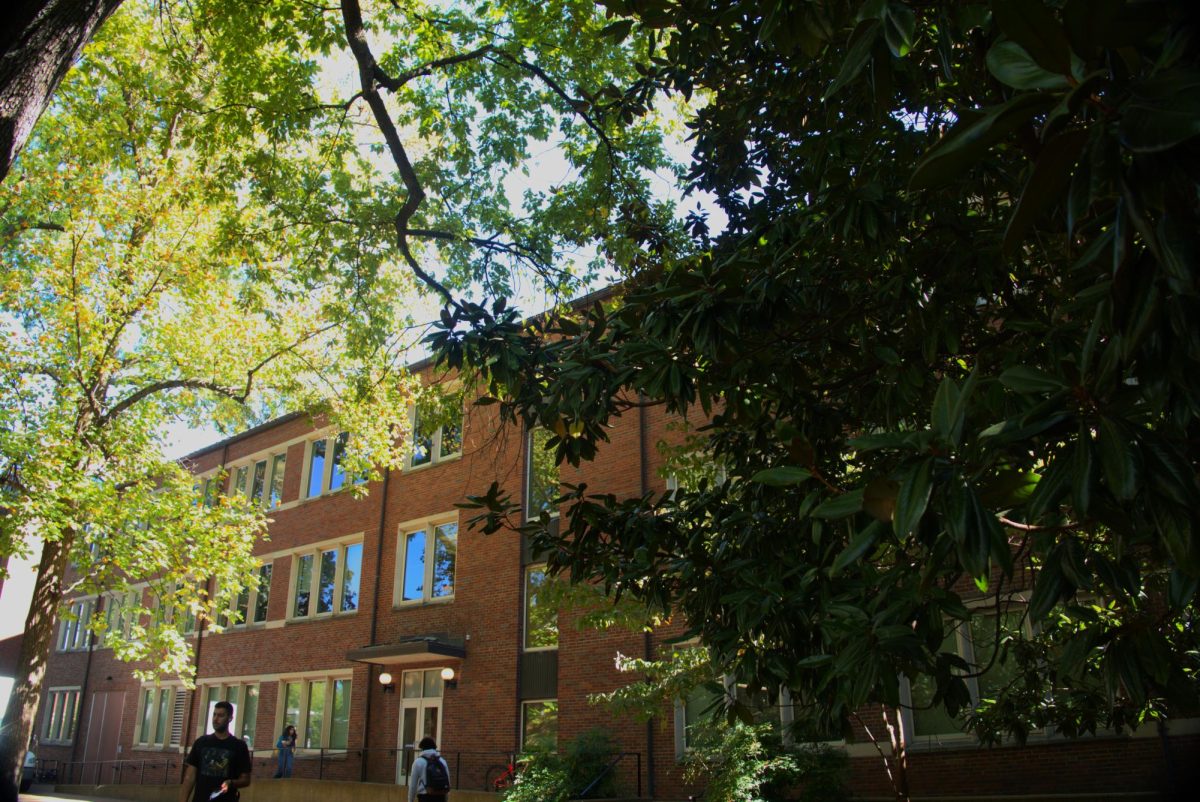
Ousmane Dieng • Jun 17, 2024 at 2:46 pm CDT
But this was a dictionary definition of violating freedom of press. Were they just looking for reasons to arrest him? What
fuck diermeier • Jun 8, 2024 at 4:24 pm CDT
CIA investigates role in crack trade, finds no wrongdoing